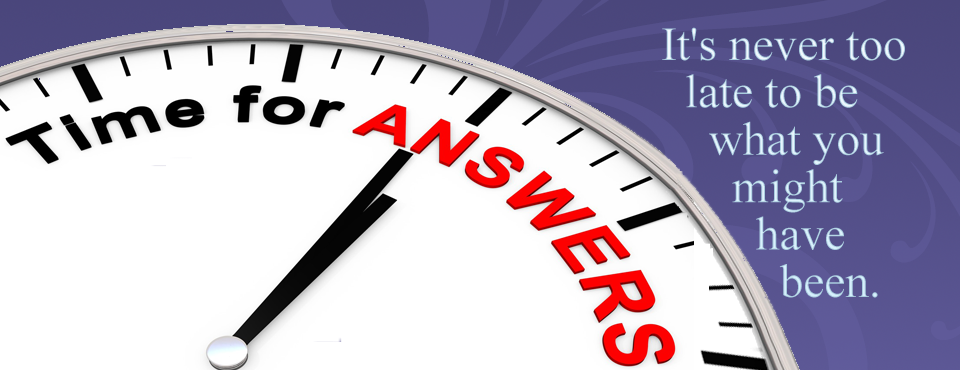[et_pb_section admin_label=”section”]
[et_pb_row admin_label=”row”]
[et_pb_column type=”4_4″][et_pb_text admin_label=”Text”]

A Newsletter from Dr. Monique Belton
In this issue “Mastering Change”
What is Happiness?
What is Unhappiness?
What Can You Do To Effect Change?
How To Overcome Your Resistance To Change
When To Seek Professional Help
Greetings! I have created this monthly newsletter with you in mind. My mission is to inform and assist you through the various trials and tribulations we all face in our everyday lives. Every issue may not apply to you but maybe useful in the future or for someone else going through something at the present time. My desire is that you remain open and allow for learning and growth to take place leading you to a happier, harmonious and more abundant life. I encourage feedback from you so that ultimately your needs are being met and my goal to help and assist are fulfilled. Please help me grow my newsletter by forwarding it to anyone that might appreciate it’s message. |
What is Happiness? ~~~~~~~~~~~~~~~~~~~~~~~~~~~~~~~~~~~~~~~~~~~~~~~~
If you are thinking about changing your life for the better, one way to start is by identifying your goals. You are probably hoping to find some version of happiness or emotional well-being. That might look like any combination of the following: · A sense of freedom |
|
What Is Unhappiness?
~~~~~~~~~~~~~~~~~~~~~~~~~~~~~~~~~~~~~~~~~~~~~~~~ If you are thinking about changing your life, you may be experiencing some combination of the following elements: · Feeling sad, lethargic or depressed |
|
What Can You Do To Effect Change?
~~~~~~~~~~~~~~~~~~~~~~~~~~~~~~~~~~~~~~~~~~~~~~~~
When you decide to change your life, try the following ideas to figure out what you want to change.
|
How to Overcome Your Resistance to Change
~~~~~~~~~~~~~~~~~~~~~~~~~~~~~~~~~~~~~~~~~~~~~~~~
Have you ever noticed that when you think about changing your life, you feel resistant? Many people say that they not only feel resistant, but they actually do things to keep their lives familiar. They do things like start a diet and then eat a candy bar on the first day, or quit smoking and then sneak a puff.
There are some things you can do to make yourself less resistant. Here are six effective strategies:
“When you improve a little each day, eventually big things occur. When you improve conditioning a little each day, eventually you have a big improvement in conditioning. Not tomorrow, not the next day, but eventually a big gain is made. Don’t look for the big, quick improvement. Seek the small improvements one day at a time. That’s the only way it happens – and when it happens, it lasts.”
~John Wooden, one of the most successful coaches in the history of basketball.
|
|
When to Seek Professional Help
~~~~~~~~~~~~~~~~~~~~~~~~~~~~~~~~~~~~~~~~~~~~~~~~
Sometimes it makes sense to find a professional counselor to work with as you work through the change process. Here are some ways to know when that would be appropriate:
Please pass this newsletter along to a friend.
|
| Contact Information
~~~~~~~~~~~~~~~~~~~~~~~~~~~~~~~~~~~~~~~~~~~~~~~~
Reach Monique directly at phone: (631) 549-7314 or toll free (866) 435-1961 ~~~~~~~~~~~~~~~~~~~~~~~~~~~~~~~~~~~~~~~~~~~~~~~~
|
| One way to start making plans for changing your life is to call for a free consultation. I can be reached at (631) 549-7314. I offer a complimentary phone consultation to anyone that has a question or might be interested in finding out more about my services. If I am unable to help, I always give referrals to appropriate practitioners or agencies. Please feel free to forward this newsletter to anyone you feel could benefit from the information in the newsletter or the services I provide.Dr. Monique Belton is a Harvard and Columbia trained licensed Clinical Psychologist and Personal Coach practicing in Huntington, NY. I specialize in helping people create and develop healthier relationships. I also help people struggling with insomnia and other sleep problems achieve a better sleep. Consultation and coaching services can often be delivered by telephone. |
|
[/et_pb_text][/et_pb_column]
[/et_pb_row]
[/et_pb_section]
